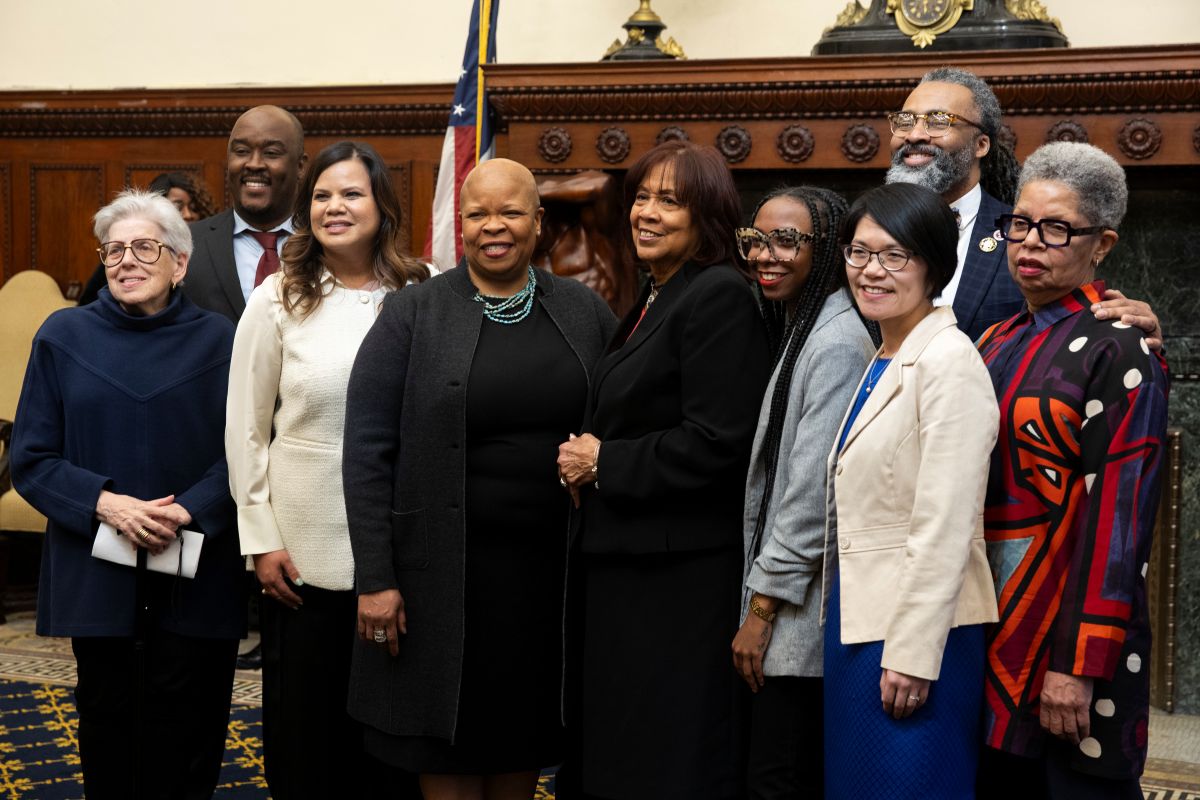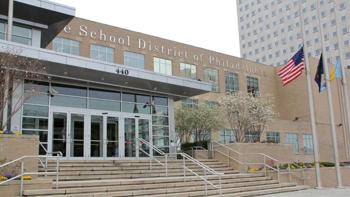Philadelphia Takes Bold Step Forward with First New Charter School in Nearly a Decade
Philadelphia has taken a significant leap in reshaping its educational landscape with the approval of its first new charter school in nearly ten years. The Early College Charter School of Philadelphia will bring a unique model of academic and career-oriented learning to the city, combining high school education with early exposure to college courses and industry certifications.
Scheduled to open in 2026, this innovative charter school is set to serve around 800 students from grades 6 through 12. Located in Center City, the school will recruit students from underserved neighborhoods across the city, offering them access to resources and opportunities that have often been out of reach.
A Second Chance Leads to Approval
This was not the first attempt to get Early College Charter School approved. In February, the school board rejected the initial proposal, citing concerns about financial stability, academic readiness, and overall student interest. However, a revised application with strengthened commitments — including $2.6 million in secured private funding — led to a change of heart.
On Thursday, the school board voted 8-1 in favor of the application. Several members who had initially voted against the proposal, including Sarah-Ashley Andrews, Cheryl Harper, ChauWing Lam, Joan Stern, and Reginald Streater, were swayed by the updates in the application and the demonstrated financial backing. The sole opposing vote came from board member Joyce Wilkerson, who maintained reservations despite acknowledging the improvements.
A Vision for Unified Education in Philadelphia
The vote reflects a shift in political and educational priorities in the city. Mayor Cherelle L. Parker has emphasized collaboration between traditional public schools and charter schools, promoting a unified vision of public education. Board member Whitney Jones voiced strong support for Early College, citing the school’s high-quality application and alignment with the mayor’s broader goals for educational reform.
“When we pledged to support the city's educational future, we committed to building a single, united public education system,” said Jones. “That includes both charter and traditional schools, and we must not penalize individual applicants for systemic challenges that are beyond their control.”
Board President Reginald Streater echoed this sentiment, expressing mixed emotions about the decision. While he voiced concerns about teacher shortages and community engagement, he acknowledged the substantial improvements in the application and the importance of judging it on its own merits.
Opposition Raises Questions About Resources and Equity
Not everyone shared the enthusiasm for a new charter school. Joyce Wilkerson emphasized the city’s ongoing facilities planning process, which could lead to school closures. With many traditional and charter schools already facing under-enrollment, she argued that adding new seats before a comprehensive plan is in place could be detrimental.
“We already have more seats than we need,” Wilkerson stated. “Bringing in a new charter without addressing that imbalance undermines our responsibility to strengthen the public education system.”
Others echoed this concern. Robin Cooper, president of the Commonwealth of School Administrators, cautioned the board to be mindful of the long-term consequences of expanding charter schools. She suggested that such decisions might further weaken an already struggling district.
LeShawna Coleman of the Philadelphia Federation of Teachers also criticized the move, pointing to the billions of dollars already allocated to charter schools and questioning the accountability and management practices of many such institutions.
What Makes Early College Charter School Different?
Early College Charter School aims to stand out by offering all students a path toward both college and career readiness. Unlike most traditional schools, every student will be given the opportunity to take college-level courses and earn industry-recognized certifications.
The initiative is led by Anna Winter and Keshema Davidson of the Philadelphia Middle College Foundation. They emphasized that their goal is not to build a chain of charter schools, but to create a model that could inspire innovation across the entire district.
Students at Early College will take two college courses through a partnership with the Community College of Philadelphia. From there, they can choose to pursue an associate’s degree, an industry certification, or even both — providing flexibility and relevance as they prepare for life after high school.
The school also has strong backing from community leaders such as Ryan Boyer, head of the Philadelphia Building and Construction Trades Council. Boyer praised the school as a transformative step forward, calling it “an innovative middle and high school that offers real opportunities for diverse career paths.”
Balancing Budget Pressures and Educational Innovation
The board’s approval of Early College Charter School came on the same day it passed a $4.7 billion budget for the 2025–26 school year. This budget was made possible largely by a one-time infusion of $300 million from district reserves — a move necessary to avoid layoffs and classroom cuts.
Philadelphia’s school district remains the only one in the state that cannot raise its own revenue, relying entirely on funding from the city and state. As fixed costs like salaries and charter school payments continue to rise, the district is facing a looming structural deficit that could become severe by 2027.
Superintendent Tony B. Watlington Sr. described the budget as a temporary fix, saying it was designed to get the district through the next year without damaging cuts. He warned, however, that unless additional funding is secured, the future could bring tough choices.
Board member ChauWing Lam supported the budget, albeit with some reservations. “Our revenue situation is constantly shifting, but these investments in our classrooms are essential,” she said. “We must act now to give our students the support they need.”
Looking Ahead
The approval of Early College Charter School represents a turning point for Philadelphia’s education system. As the city grapples with financial uncertainty, overcrowded classrooms, and the need for more diverse learning pathways, this new charter offers both promise and complexity.
Whether it becomes a model for future reform or a flashpoint in the ongoing debate over education in Philadelphia, one thing is clear — the conversation about how best to serve the city’s students is far from over.



COMMENTS (0)
Sign in to join the conversation
LOGIN TO COMMENT